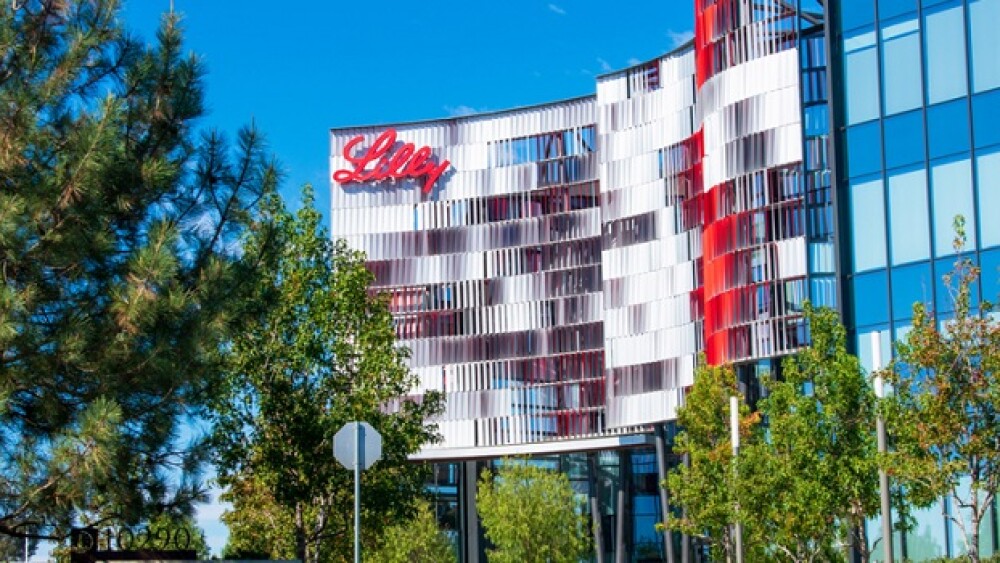June 19, 2017
By Alex Keown, BioSpace.com Breaking News Staff
SAN FRANCISCO – The Parker Institute for Cancer Immunotherapy is teaming up with a new partner, Singapore-based Tessa Therapeutics in a bid to take T cell immunotherapy to the next level.
The two entities will combine forces to conduct cancer immunotherapy research using a combination of cellular therapy and immuno-oncology treatments. Tessa Therapeutics will provide the Parker Institute with its Virus Specific T Cell technology, which the institute said “holds the promise of becoming a treatment platform for a wide variety of cancer indications.” The two companies will work together on clinical and pre-clinical immunotherapy projects.
The deal with Tessa seems to have come together quickly for the Parker Institute. Writing in Endpoints on Sunday, John Carroll said Fred Ramsdell, the Parker Institute’s vice president for research, only recently heard about Tessa Therapeutics. But, what he’s heard about the company’s T Cell technology seems to fit hand-in-glove with the research being conducted by the Parker Institute.
Tessa is in the midst of a Phase III cancer T cell therapy trial for Nasopharyngeal carcinoma. This is the world’s largest Phase III T Cell immunotherapy trial for any cancer indication, Tessa said. Tessa’s technology is different than traditional CAR-T technologies, where T cells are extracted and reengineered to kill cancer cells. On its website, Tessa said its Virus Specific T Cell technology “is a living treatment which is based on each patient’s individual and unique immune system. The patient receives T Cells that are alive, functional and able to react to the cancer.”
Tessa’s data is expected to read out in 2018. In an interview with Endpoints, John Connolly, Tessa’s chief scientific officer, said the technology has a chance to become a game changer in cancer research by being able to eliminate solid tumors. Carroll noted that Tessa revealed positive Phase II data at the American Society of Clinical Oncology earlier this year that indicated two- and three-year overall survival rates of 62.9 percent and 37.1 percent respectively in stage 4 nasopharyngeal carcinoma associated with Epstein-Barr virus.
What the company is doing was certainly enough to pique Ramsdell’s interest. In a statement released this morning, he said Tessa has built “a very advanced suite of capabilities in the immuno-oncology realm.”
“They have recognized many of the challenges to cellular therapies and are addressing them in thoughtful and science driven ways – and laying the foundation for the next generation of therapies. Few organizations have the commitment and vision of Tessa, and we are excited to help bring these attributes to our Parker Institute network and to further the goal of effective therapeutic development, Ramsdell said.
The partnership with Tessa is the first the Parker Institute has struck with a cellular therapy company.
The Parker Institute was established last year with a $250 million backing from Facebook and Napster trailblazer Sean Parker. The Institute looks to bring together more than 40 cancer laboratories and more than 300 researchers to tackle cancer.





